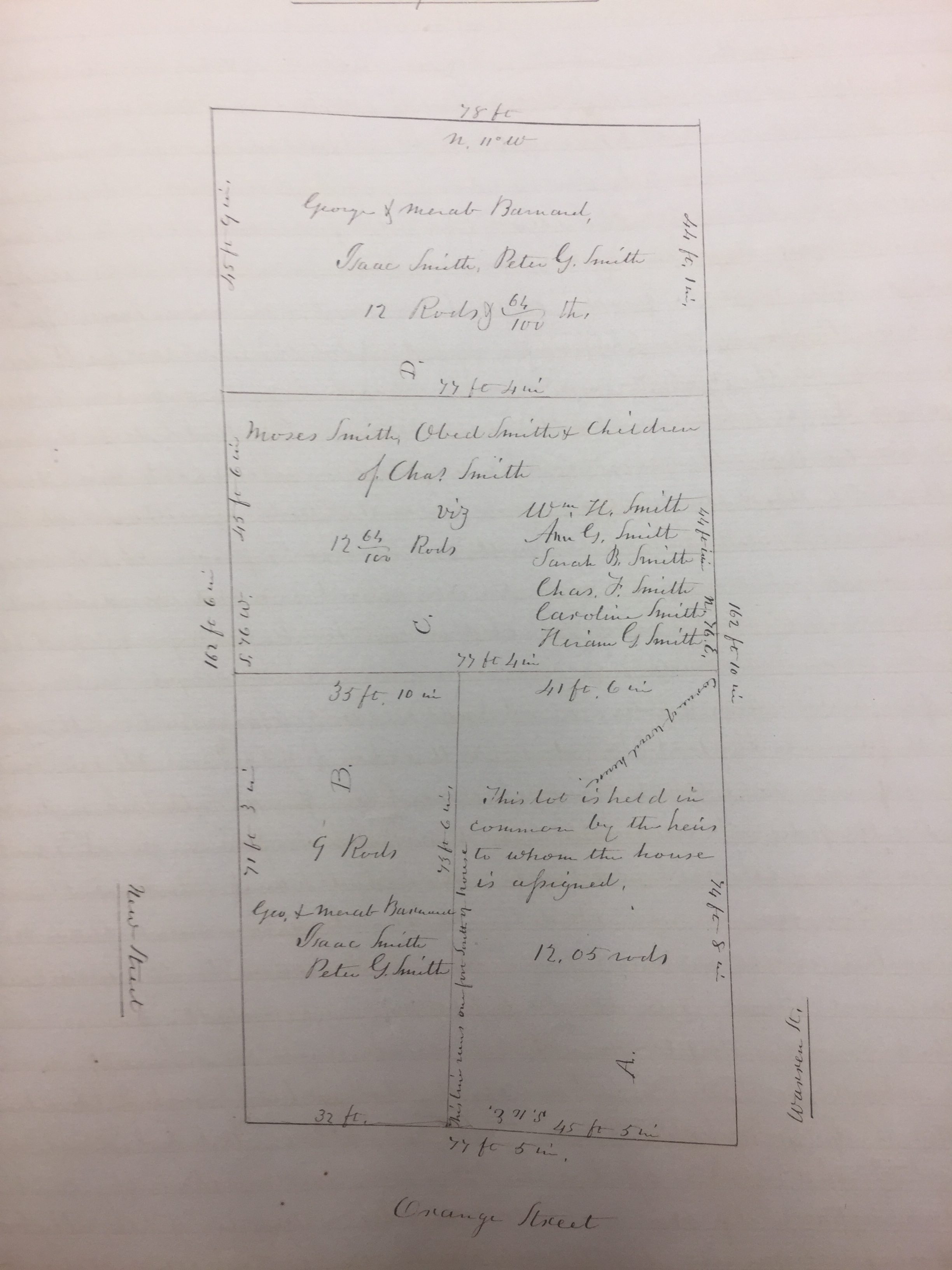
The end of summer events means it’s time for us to get back to our research work in earnest. I am always researching here at the NPT but fall and winter allow for more time to dedicate to research projects than the busy summer does. I enjoy finding the answer to a question buried somewhere within the registry of deeds or the archives of our local newspaper.
History and historic preservation go hand in hand. After all, the history of a house helps us understand exactly what it is worthy of preservation and protection. Architectural styles can be easy to spot from the street, but the stories of the people who lived in these important houses are sometimes hidden. Delving deep into the registry of deeds can help bring these stories to light.
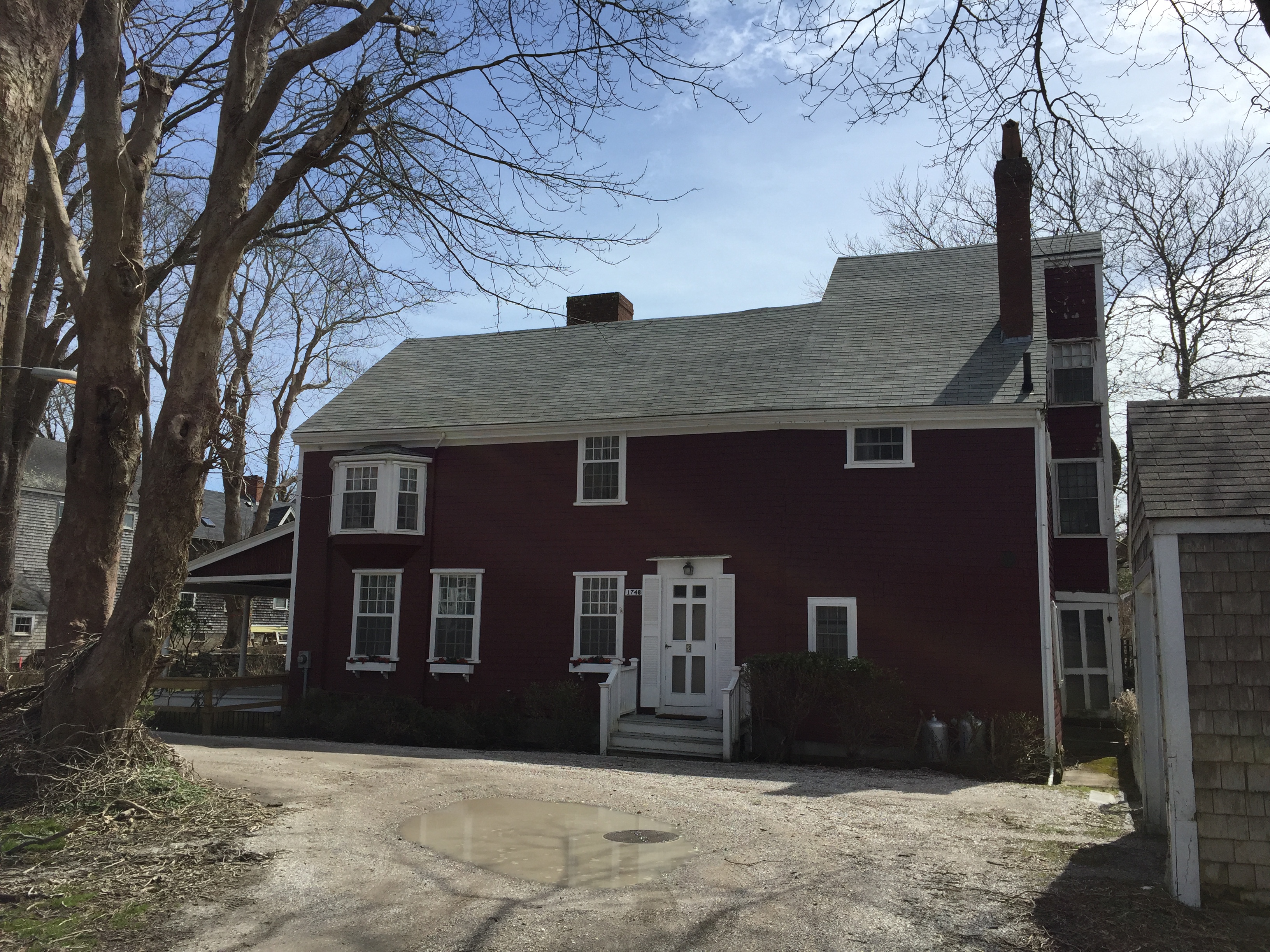
You can start your search online at the assessor’s database. On Nantucket, our assessor records are all digitized and easily searchable. I’ve found that most towns in Massachusetts have easily accessible accessor records, either in an online database or online list. Assessor records will give you the location of the last few recorded deeds. Once you have a book and page number, you’re off to the races!
You can make your way backwards through the registry of deeds by following the trail of book and page numbers. Most deeds reference the deed of the previous owner, and back and back until you can find the original deed. Sometimes, property was transferred through wills and you won’t find reference to a book and page number. Instead, you’ll have to go to Nantucket’s probate court on the second floor of the Town & County building at 16 Broad Street.
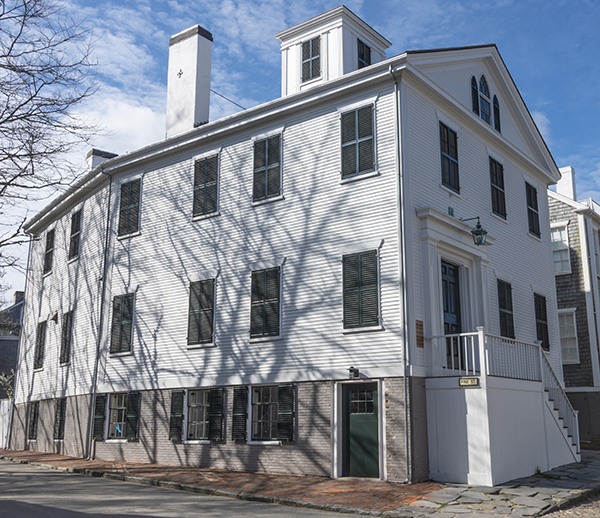
Most of Nantucket’s deeds from the 20th century are digitized and easily searched online at Mass Land Records. Anything later than (and including) Book 107 is online. Everything earlier, you’ll have to head down to the registry of deeds at the Nantucket Town & County building.
Working in the registry of deeds sounds like it is stuffy and tedious—but I think of it as an adventure. You are a detective, searching through the decades, deciphering faded handwriting and ancient terms. Okay, maybe the terms aren’t all that ancient, and the handwriting is usually quite good (better than mine) but it makes me feel like a sleuth all the same.
The deeds reveal much more than who owned what property. Deeds tell of friends so close they purchased neighboring houses, with easements to allow for passage between kitchen doors. They tell of women whose husbands died at sea, but who secured life rights to their house so they would always have a place to live. Information in the deeds reflects the changing real estate market—the boom during the golden age of whaling, the crash after whaling ended, the birth of the tourism industry and the second home market. There’s a certain magic in following a thread throughout history and ending up at an answer: who built this house, and when?
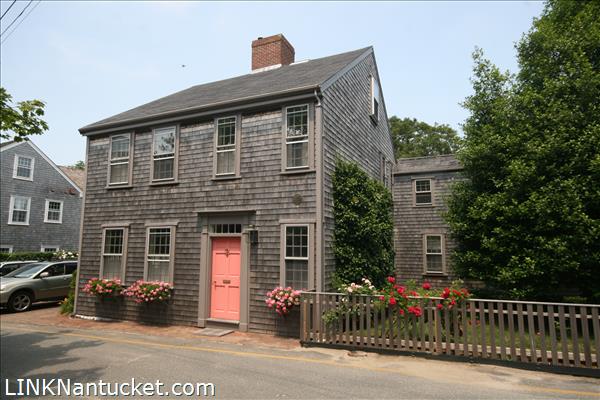
From there, there are all sorts of sources that can help you determine more information about the people who built or lived in the house. The Nantucket Historical Association’s Barney Genealogical Record can help you learn more about the name you read in the deeds. It is helpful to understand family relationships, and narrow down windows of time to help you search.
The Nantucket Atheneum’s digital newspaper archive has digitized copies of The Inquirer & Mirror and other island newspapers from 1816 to just a few years ago. It is truly a remarkable database and a fantastic resource for the island community, or anyone interested in Nantucket history. You may find real estate transactions in the paper, ads for houses for sale, as well as notices that refer to the construction of the house you’re researching.
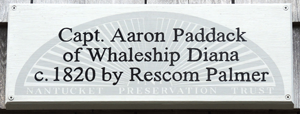
Lastly, if doing your own deed research sounds like too much work, Nantucket Preservation Trust can help. We offer a variety of house histories and house marker programs and can do the work for you!


